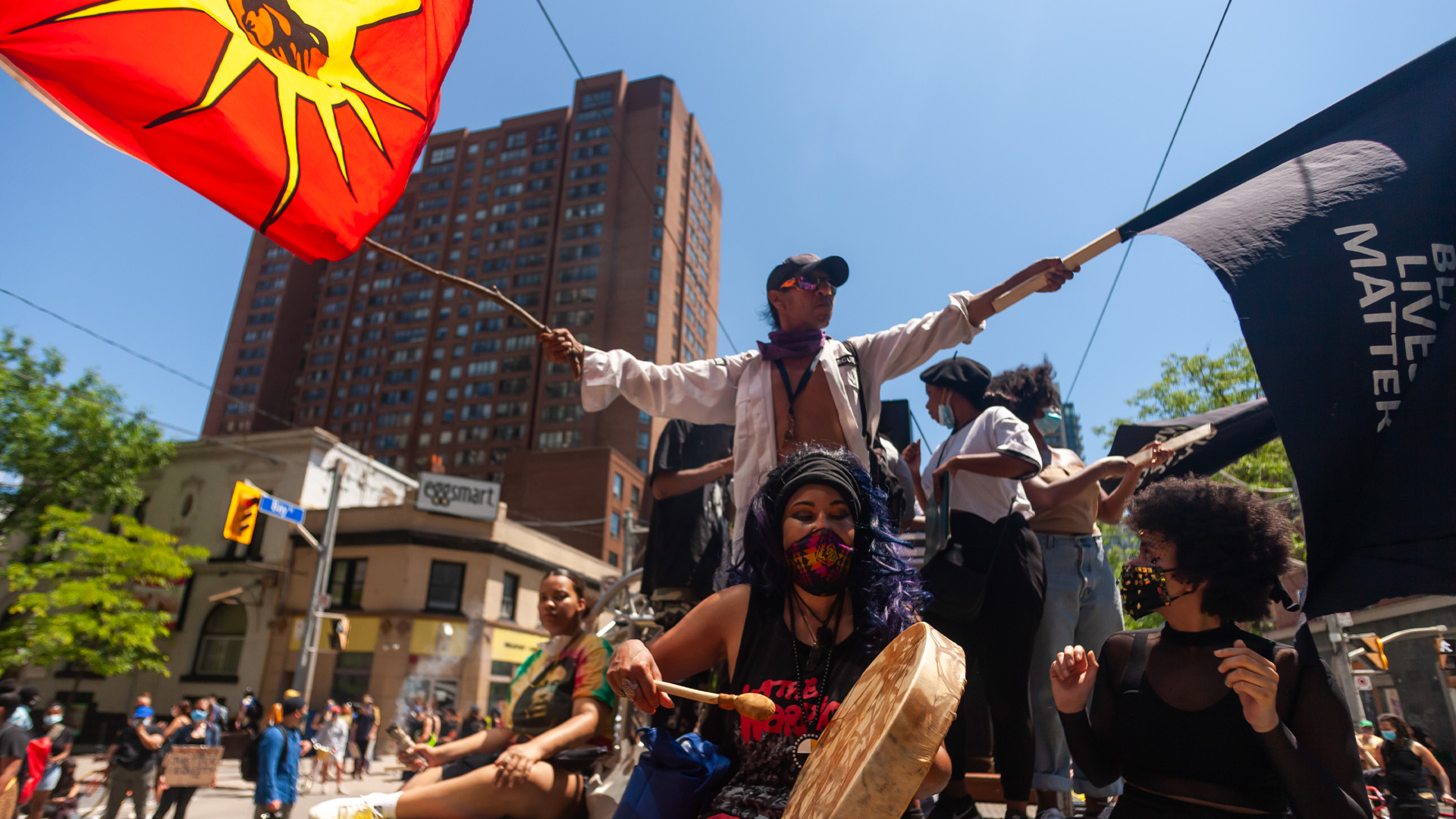
To many, the Derek Chauvin trial focuses on the extremes of racism and police brutality, but to me as an addiction physician, the trial highlights the exploitation of substance-use disorders by the justice system. The death of George Floyd has exposed the worst of society, including key issues that have been largely ignored until recently, such as racism and social inequity. But what really caught my eye was the defence’s argument that Floyd’s death in May 2020 was not the result of Chauvin’s inappropriate use of force, but rather a result of Floyd’s substance use and drug history. In essence, they were suggesting an association between his substance use and criminality, a concept that at its core is erroneous.
Legal teams blaming police-related civilian deaths on substance misuse is a disturbing and inappropriate trend in both the United States and Canada. We saw this with the death of Trayvon Martin in 2012, where the prosecution pushed to have his toxicology results revealed in court, highlighting trace amounts of marijuana in his system. They argued that his death was secondary to “behavioral concerns” from cannabis.
This also occurred in 2014 with the death of Michael Brown, where jurors were allowed to review toxicology reports showing he had THC in his system. There was a suggestion that this may have “triggered hallucinations” leading to inappropriate behaviors ultimately causing his death. Chauvin’s defence team suggested that trace amounts of fentanyl in Floyd’s system had led to him overdosing and that his death was not due to asphyxiation from Chauvin kneeling on his neck.
The continuous misleading assertions that a substance-use disorder is to blame for the death of Floyd or countless minorities who have been victims of police violence further racializes and discriminates against them. It highlights the inherent bias the justice system has against addiction and those who live with it.
Canada’s Indigenous populations face the brunt of drug-related discrimination. This attitude further stigmatizes substance use, a medical condition, as being a moral failing instead of something akin to diabetes, heart disease or depression, all of which can be treated with medical and supportive care.
When we do not criminalize other medical conditions, why do we criminalize substance-use disorders? There is deep ignorance within the criminal justice system on its approach to addiction, with suggestions that Floyd deserved to be punished for his drug history, rather than be provided access to treatment, which we provide for other medical conditions. In essence, the justice system suggests that he was less of a person because he used drugs. Covertly, the justice system uses the criminalization of substance-use disorders as a proxy tool for enforcing racism.
Many proponents of the “war on drugs” campaign point to the fact that crime and substance use are inherently intertwined, and justice must deal with both. What they fail to understand is that the justice system administers the wrong kind of justice, prioritizing jail time over medical treatment. The war on drugs is smoke and mirrors for a war on minorities. Police and law enforcement are only beginning to understand that we cannot arrest our way out of substance use and addiction. This has led to more progressive actions such as the Canadian Association of Police Chiefs advocating for decriminalization and our government’s Bill C-22 reducing prosecution of low-level drug crime.
Criminal justice reform needs to be conducted on multiple levels. From police arrests for drug possession to court prosecution to hefty jail sentences. Each of these further traumatizes a vulnerable population, many of whom use drugs to escape trauma they have faced in the past. As with George Floyd and the thousands of Indigenous individuals and people of colour who have been painted negatively because of their drug use, our courts need to stop weaponizing substance misuse as a tool to enforce racism. Ultimately, we need to focus on decriminalizing substance use because it isn’t a crime, it’s a medical condition.










